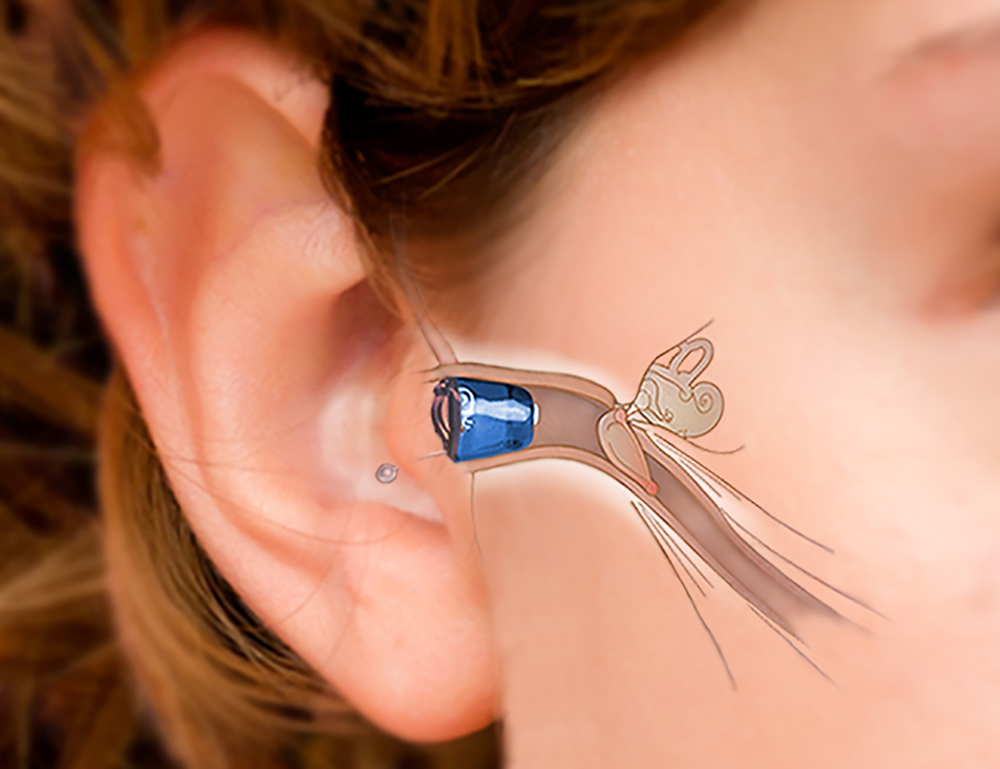Veteran Benefits for Military Spouses: Complete Guide
Spouse benefits for veterans provide support through healthcare, education, and other resources. Learning about eligibility, available programs, and how to access them can help families understand the options designed to assist in daily life and long-term planning.

Who Qualifies for Spouse Benefits for Veterans?
Eligibility for spouse benefits for veterans depends on several key factors, including the veteran’s service history, disability rating, and current marital status. Generally, spouses of veterans who served at least 90 days of active duty and received an honorable discharge qualify for various benefit programs. The veteran’s disability rating also plays a crucial role, with spouses of veterans rated 30% or higher typically eligible for additional benefits.
Current spouses automatically qualify for most programs, while surviving spouses may retain eligibility under specific conditions. Divorced spouses generally lose eligibility, though exceptions exist for those whose veteran spouse has a 100% disability rating. Documentation requirements typically include marriage certificates, the veteran’s DD-214 form, and proof of the veteran’s disability rating when applicable.
Understanding Healthcare Benefits for Spouses of Veterans
Healthcare benefits for spouses of veterans are primarily available through the Civilian Health and Medical Program of the Department of Veterans Affairs (CHAMPVA). This program provides comprehensive medical coverage to eligible spouses when the veteran has a permanent and total service-connected disability rating, or when the spouse is a survivor of a veteran who died from service-connected conditions.
CHAMPVA covers most healthcare services including inpatient and outpatient care, prescription medications, durable medical equipment, and mental health services. The program operates similarly to Medicare, with beneficiaries typically responsible for a 25% cost-share after meeting annual deductibles. Some spouses may also access care at VA medical facilities on a space-available basis, particularly for certain specialized services.
Available Financial Assistance for Veteran Spouses
Financial assistance for veteran spouses encompasses multiple programs addressing different needs. The Dependency and Indemnity Compensation (DIC) program provides monthly payments to surviving spouses of veterans who died from service-connected causes or were rated permanently and totally disabled at the time of death. Monthly payments vary based on the veteran’s rank and disability rating.
Educational benefits represent another significant form of financial assistance. The Post-9/11 GI Bill allows veterans to transfer unused benefits to spouses, covering tuition, housing allowances, and book stipends. The Survivors’ and Dependents’ Educational Assistance program provides educational benefits to spouses of veterans who died or became permanently disabled due to service-connected conditions.
Additional financial support includes vocational rehabilitation programs, home loan guarantees, and burial benefits. Some programs provide temporary assistance during financial emergencies, while others offer long-term support for career development and homeownership.
Navigating the Application Process
Applying for veteran spouse benefits requires careful attention to documentation and deadlines. Most applications begin through the VA’s online portal, eBenefits, or by contacting local VA offices. Required documents typically include marriage certificates, death certificates (for surviving spouses), the veteran’s service records, and medical documentation supporting disability claims.
Processing times vary significantly depending on the specific benefit and completeness of submitted documentation. Healthcare benefits may be processed within 30-60 days, while disability-related benefits can take several months. Working with Veterans Service Organizations (VSOs) can help navigate complex application processes and ensure all required documentation is properly submitted.
Many local veterans’ organizations provide free assistance with benefit applications, helping spouses understand their eligibility and complete necessary paperwork. These services prove particularly valuable for surviving spouses dealing with multiple benefit programs simultaneously.
Veterans’ benefits for spouses represent a comprehensive support system designed to honor the sacrifices made by military families. From healthcare coverage that ensures access to quality medical care to educational benefits that enable career development, these programs provide essential resources for both current and surviving spouses. Understanding eligibility requirements and application processes helps ensure that those who have served alongside our veterans receive the support they have earned through their service and sacrifice.




